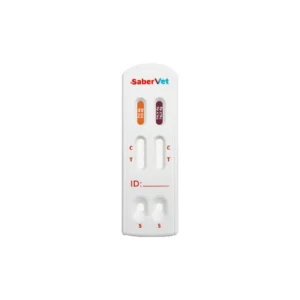Description
Feline Herpesvirus (FHV-1), also known as Feline Viral Rhinotracheitis (FVR), is a virus that causes upper respiratory tract infections in felines, especially cats. Here are some introduce about feline herpes:
1. Parasitic life cycle
Viral Characteristics: feline herpes belongs to the Herpesviridae family and is a DNA virus. It mainly infects the upper respiratory tract, eyes and mouth of cats.
Transmission: feline herpes is transmitted through direct contact with infected cats or contact with surfaces of contaminated objects, such as cat snot, tears and saliva.
2. Symptoms of Feline Herpesvirus
Upper respiratory symptoms: cats infected with feline herpes usually show flu-like symptoms, including sneezing, runny nose, nasal congestion and coughing.
Eye symptoms: feline herpes often causes eye symptoms such as conjunctivitis, red eyes, increased eye droppings, etc. Corneal ulcers may sometimes result.
Oral symptoms: Some cats infected with feline herpes may develop symptoms such as oral ulcers and oral inflammation, leading to problems such as loss of appetite and bad breath.
3. Detection methods of Feline Herpesvirus
PCR is generally preferred to detect virus, while virus isolation is still the most accurate test method for detecting feline herpesvirus infection, but it is more time-consuming.
Traditional PCR FHV test, nested PCR and instantaneous PCR are now routinely used to detect the presence of feline herpesvirus DNA in conjunctival, corneal or oropharyngeal swabs, corneal scrapings, ocular aqueous humor, corneal corneal bone, blood or biopsies and most of the primers are designed to use highly conserved fragments of the thymidine kinase gene as the primers. The molecular biology test seems to be more sensitive than virus isolation or indirect fluorescent antibody staining.
Hangzhou SaberVet Feline Herpesvirus Rapid Test can accurately determine whether a cat is infected with this virus within 10 minutes. Cat herpes test(fhv test kit)sold by sold by Antigenne is a lateral flow immunoassay intended for the qualitative detection of specific antigen from Feline Herpesvirus (FHV) in eye,nasal fluid or saliva sample. The test is useful for determination of FHV infection. It is recommended for cats with symptoms such as drooling, sneezing, and mouth or tongue sores.
4. Treatment and prevention of Feline Herpesvirus
Antiviral medication: For cats with severe symptoms, your veterinarian may recommend antiviral medication to reduce symptoms and speed recovery.
Symptomatic treatment: For flu-like symptoms, some symptomatic treatment measures can be taken, such as keeping the environment clean, providing a warm environment, and replenish moisture.
Vaccination: Feline herpes is a common cat infection that can be prevented through vaccination. The veterinarian will formulate an appropriate vaccination program according to the age and health condition of the cat.
Environmental hygiene: Keeping the cat's living environment clean and hygienic, and regularly cleaning the cat's eating utensils, water bowl, litter box, etc. can reduce the spread of feline herpes.
Feline herpes is a common cat infection, and although the symptoms are mild in most cases, it can cause serious complications in young cats or cats with compromised immune systems. Feline herpes can be effectively managed and prevented through prompt treatment and preventive measures.
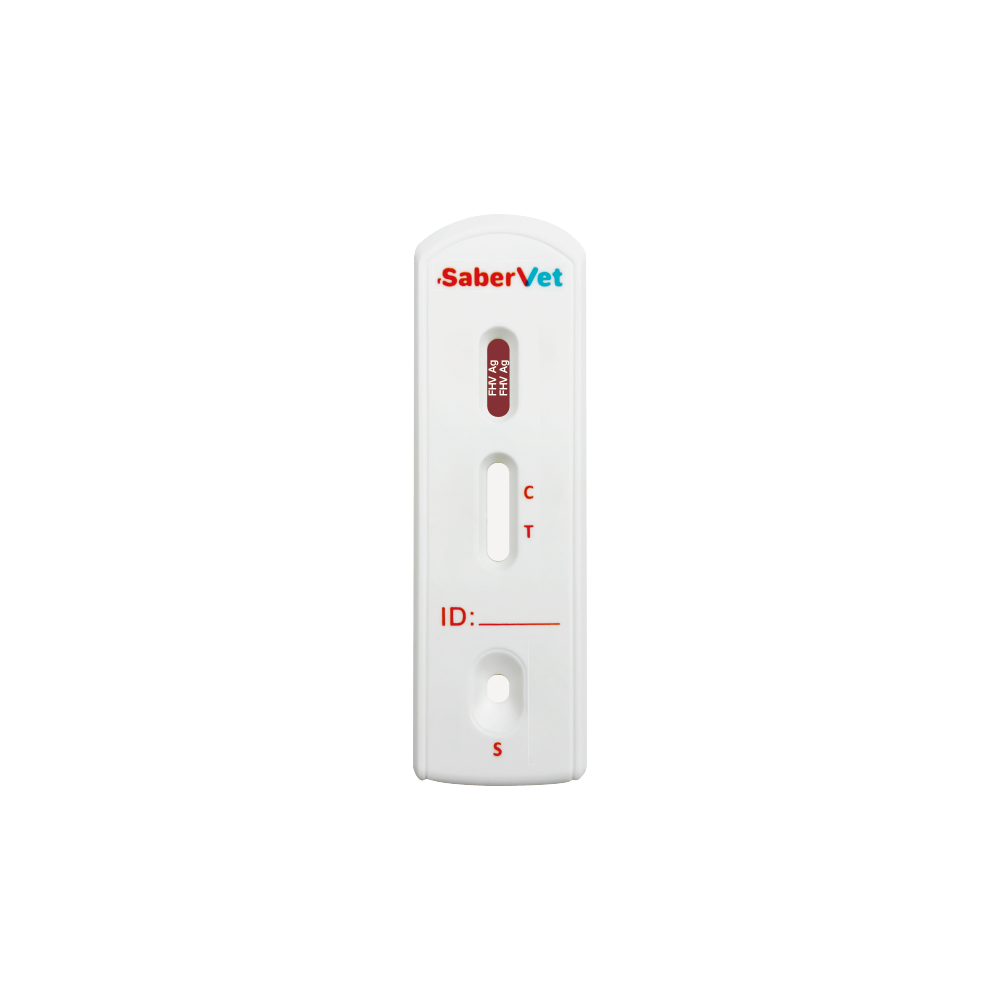
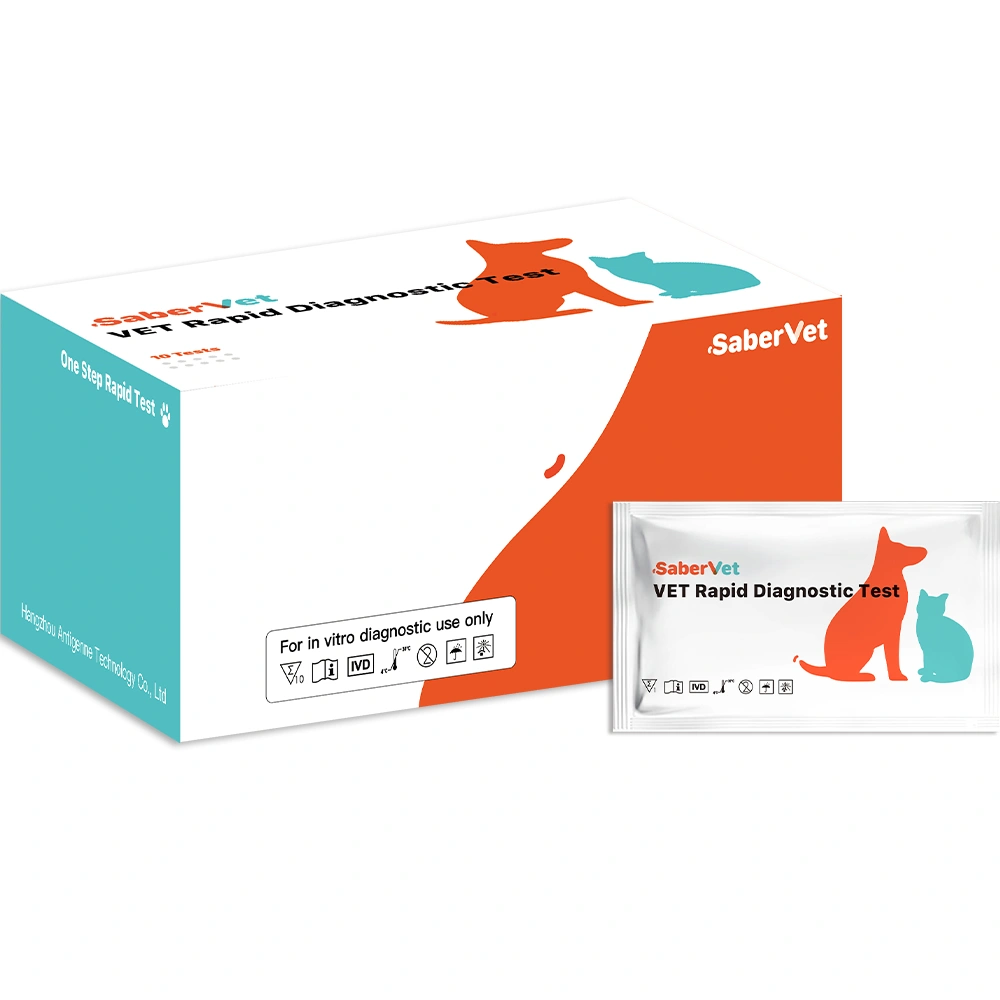
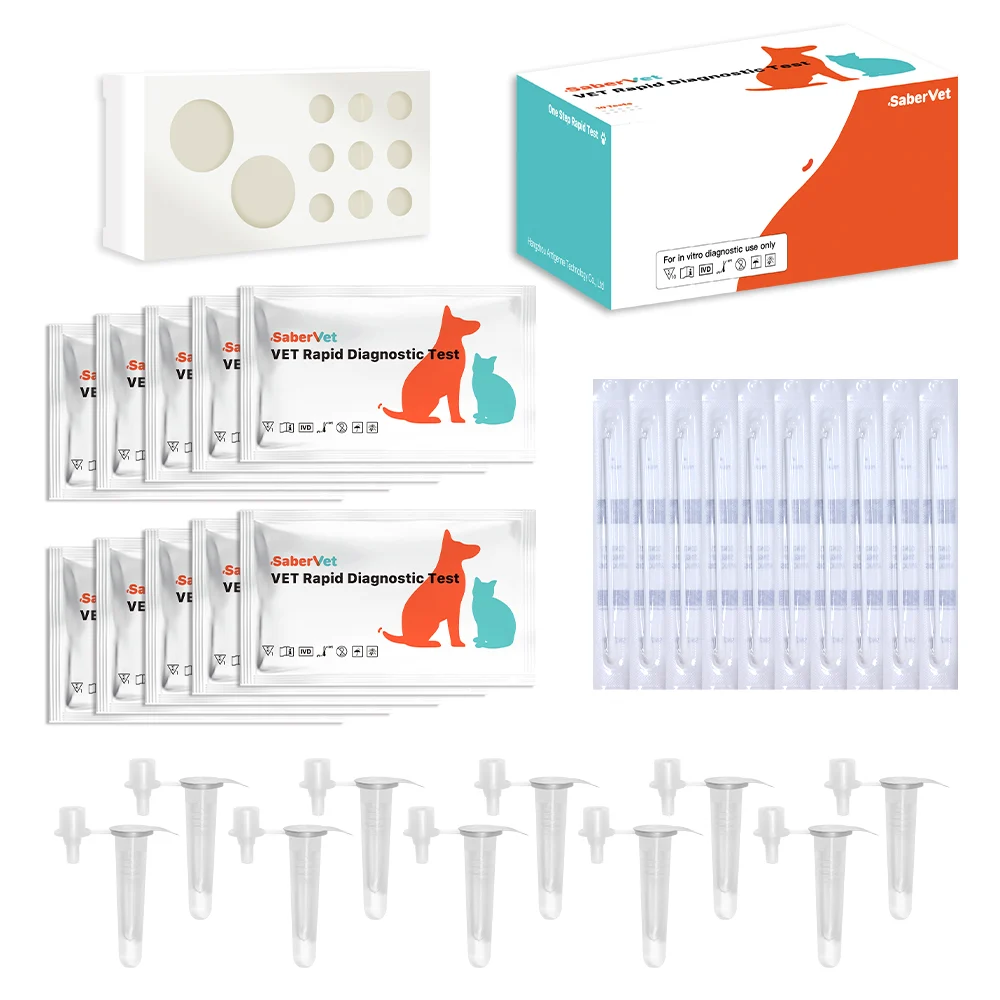
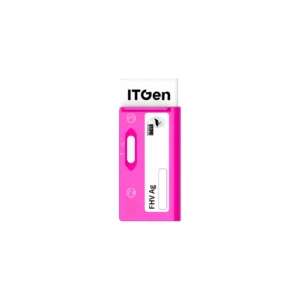
--300x300.webp)
